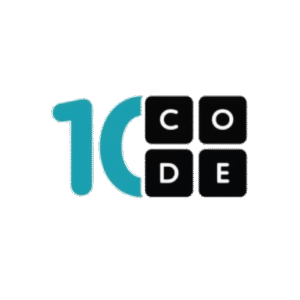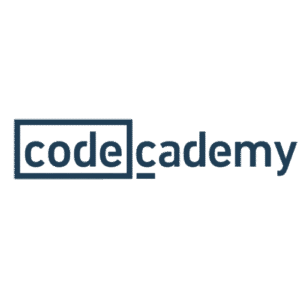-

Rated 4.5 out of 5
Code.org is a nonprofit organization dedicated to expanding access to computer science education, especially in schools and among underrepresented groups. Founded in 2013, its mission is to ensure that every student, regardless of background, has the opportunity to learn computer science. Code.org is best known for initiatives like the “Hour of Code” and its K–12 curriculum used by tens of millions of students worldwide. Its platform provides free, engaging, game-based learning environments that teach core programming concepts using blocks, JavaScript, and Python. Code.org’s offerings are split into age-appropriate courses—from early elementary students learning logic through puzzles, to high schoolers tackling AP Computer Science. Teachers are provided with classroom resources, lesson plans, and training, making it an excellent tool for public education systems. Although it doesn’t offer professional certifications or advanced developer courses, Code.org plays a crucial role in demystifying coding and sparking interest at an early age. With a strong emphasis on equity, accessibility, and inclusion, Code.org has become one of the most impactful education platforms for early computer science learning.
-

Rated 4.5 out of 5
Codecademy is a well-known interactive platform that teaches coding and computer science fundamentals through hands-on practice. Launched in 2011, Codecademy’s mission is to democratize tech education by making it accessible and engaging for everyone. The platform offers free and paid plans covering programming languages like Python, JavaScript, HTML/CSS, SQL, and more. Codecademy Pro includes guided learning paths, quizzes, portfolio-building projects, and real-world exercises. One of the platform’s most compelling features is its built-in code editor, allowing users to practice coding immediately after learning a concept—ideal for learners who retain knowledge through doing rather than watching. Codecademy’s career tracks guide users toward jobs like front-end developer, back-end developer, or data analyst. While it doesn’t issue formal degrees or certificates recognized by universities, its completion certificates and practical exercises are highly valued in entry-level tech hiring. The clean interface, gamified experience, and flexible pace make Codecademy particularly appealing for beginners, self-learners, and hobbyists starting their programming journey.
-

Rated 4.7 out of 5
freeCodeCamp is a nonprofit, open-source platform offering a fully free curriculum for learning web development, data visualization, and software engineering. Launched in 2014 by Quincy Larson, the platform is built around self-paced challenges and hands-on projects that simulate real-world coding scenarios. Learners can earn certifications in topics like responsive web design, JavaScript algorithms, data structures, APIs, and machine learning. Unlike many video-heavy platforms, freeCodeCamp focuses on interactive coding exercises, where users learn by doing. The curriculum includes thousands of hours of practice, supplemented by articles, tutorials, and a highly active global community. freeCodeCamp also encourages learners to contribute to real nonprofit projects as part of their certification paths, helping them build portfolios and gain experience. The platform has become a go-to resource for aspiring developers, especially those from underserved or non-traditional educational backgrounds. Its emphasis on accessibility, real projects, and community makes it one of the most respected platforms in the self-taught tech space. Best of all, it’s completely free—with no ads, paywalls, or premium tiers.



